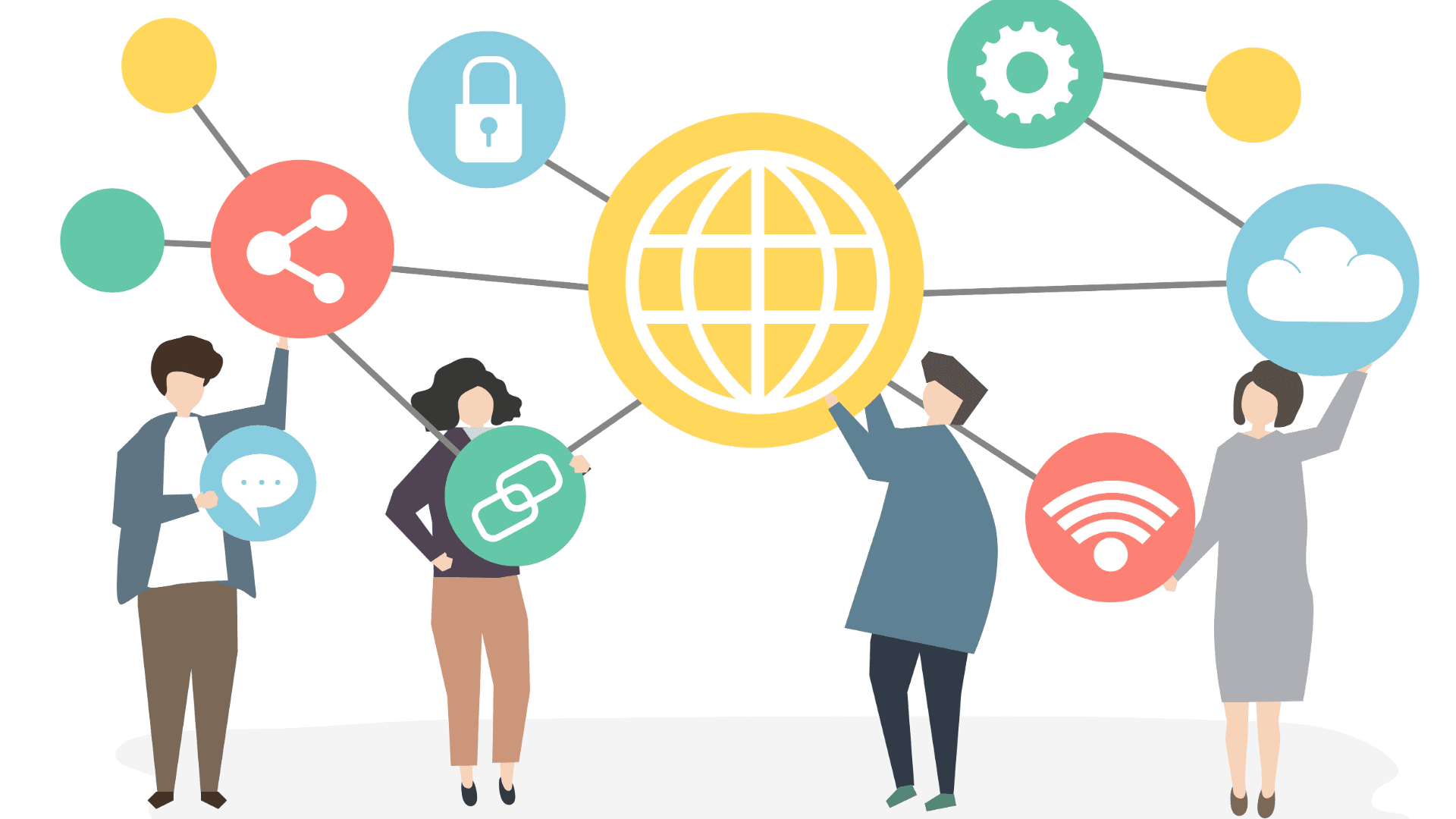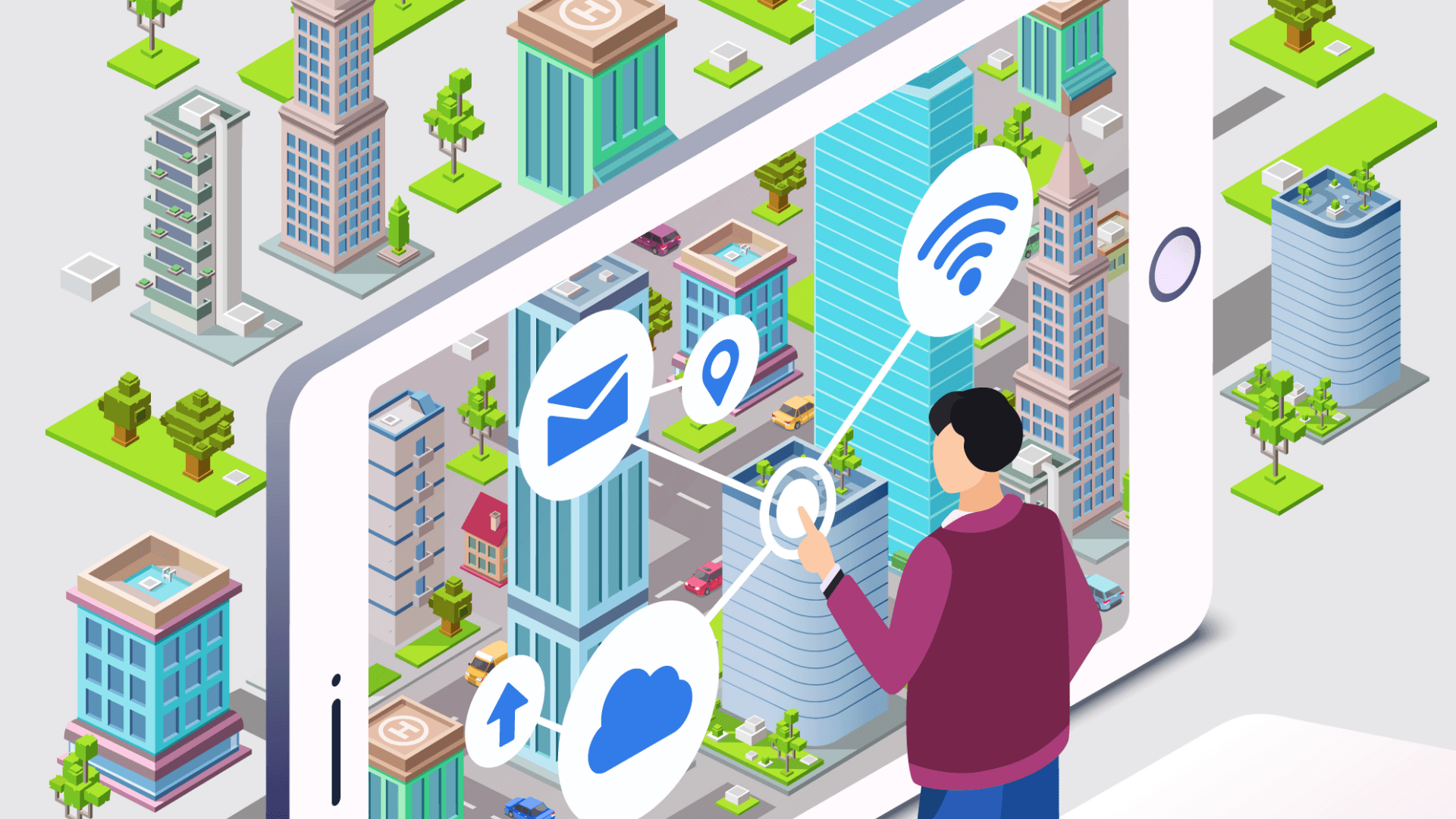As technology continues to penetrate the healthcare sector with multiple utilities, the medical field is ripe for major changes. From surgery assistance to medicament fabrication, technology is leveraging endless opportunities to improve the accuracy of medical undertakings.
According to reports, about 86% of healthcare organizations and life science institutions have incorporated artificial intelligence (AI) in their work. With numerical figures rising each day, medical experts believe that these respective organizations are likely to spend an estimated 54 million dollars on artificial intelligence projects by the year 2020.
Incorporation of strategically implemented artificial intelligence services provides multiple advantages to the healthcare sector over traditional analytics and clinical decision-making techniques. Some areas steered by AI in the healthcare sector include:
- Electronic Health Record (EHR)
Electronic health record (EHR) is a digital version of records that organizations use to maintain a compilation of information including medical records and patient medical history. With EHR developers incorporating artificial intelligence in the process, medical organizations can avail more intuitive interfaces. They can automate routine processes like clinical documentation and order entry, which aids in saving users time.
- Intelligent Medical Devices and Machines
Experts believe that smart technological advancements have taken over the consumer and medical environment. Developers are using artificial intelligence to make medical devices and applications smart and self-sufficient. These smart applications make patient monitoring efficient by enhancing the device’s ability to identify deteriorations and complications. This significantly helps medical organizations to improve outcomes at reduced costs.
- Virtual Nurses
According to reports, the idea of virtual nurses can save the medical industry about 20 billion dollars annually. Virtual nurse avatars are computer-generated programs that are used to provide patients with required assistance in care and follow-up treatments between doctor visits. These programs use machine learning (a subset of AI) to support patients suffering from chronic diseases.
- Drug Creation
The recent Ebola virus scare was one of the most appalling issues discussed on global platforms. In response, developers initiated an AI-powered program for scanning existing medicines and further using information for redesigning the same. This improved the quality of medicines and saved thousands of lives. The development of efficient and effective drugs is a time-consuming process that may take years. However artificial intelligence has made the process faster and cheaper.
The leading artificial intelligence service providers in India have powered the healthcare sector with new-generation tools and systems. By leveraging AI for clinical decision support, systematic functioning, and care management, artificial intelligence services offered by globally recognized certified consultants can revolutionize the healthcare industry.





